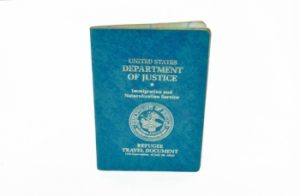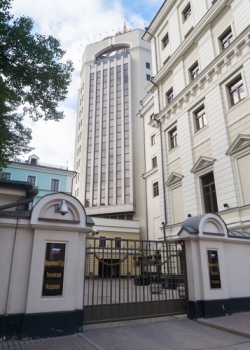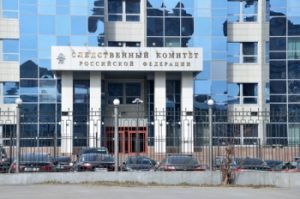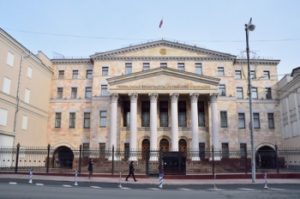Application of the “Private Disputes” Provision and Article 3 of the INTERPOL Constitution: the Need for Clarification

Under Article 83(1)(a)(i) of INTERPOL’s Rules on the Processing of Data (RPD), “Red notices may not be published for . . . offences . . . deriving from private disputes, unless the criminal activity is aimed at facilitating a serious crime or is suspected of being connected to organized crime.” I am often contacted by entrepreneurs with red notices and diffusions published at the request of or disseminated by countries where illegal business takeovers are common. Such takeovers are usually characterized by criminal conduct from a party attempting to force a business owner to surrender her/his rights or interest in the business against the latter’s will by means of force, threats and/or extortion and accompanied by trumped-up charges against the victim brought by corrupt government officials in aid of the takeover if the victim refuses to comply. In its 2016 annual report, the Commission for the Control of INTERPOL’s Files (CCF) highlights politically motivated prosecutions of “particularly influential businessmen” among the main substantive issues before it. In its 2017 report, the Commission notes that “[w]hile a few of [the cases challenging compliance with Article 3] involve former high-ranking politicians, most of them concern people involved in business activities and charged with various fraud-related offenses.” In this regard, I believe it is crucial that the Commission inform the general public about its interpretation of the “private disputes” provision of Article 83(1)(a)(i) of the RPD in the context of illegal business takeovers. Does the Commission consider illegal business takeovers described above private disputes for the purposes of Article 83(1)(a)(i) and red notices and diffusions arising out of such takeovers to be in violation of said provision? In addition, it would be very helpful if the Commission provided examples or hypotheticals of what it would consider to be a “private dispute” for the purposes of Article 81(1)(a)(i) of the RPD.
It is my understanding that the Commission has been applying Article 3 of the INTERPOL Constitution in cases in which the initial reason for the criminal prosecution is not the individual’s involvement in any political, religious, military or racial activity, but rather the government’s participation in an illegal seizure of the individual’s assets or the government’s involvement in a civil dispute with said individual. I believe the Commission has signaled this approach in at least two cases. In one of its published decisions, the Commission ruled that the prosecution in aid of an attempt by government officials to take control of the individual’s assets was predominantly political and, therefore, in violation of Article 3. In another case, the Commission ruled in favor of the individual who claimed that the prosecution was in retaliation for the arbitration proceedings against the requesting government. I believe the Commission has also signaled this approach in its two most recent annual reports mentioned above. However, these decision excerpts and annual reports merely suggest that the Commission has taken this approach; they do not unequivocally confirm that. In this regard, it would be very helpful if the Commission officially clarified its position: does it consider Article 3 applicable in cases in which the initial reason for the criminal prosecution is not the individual’s involvement in any political, religious, military or racial activity, but rather the government’s unlawful conduct, including, but not limited to, illegal takeovers of businesses as described above, extortion by a government official threatening the individual with a trumped-up charge if s/he does not comply with the unlawful demand, or the government’s involvement in a private (civil or commercial) dispute with such individual?








 The full circumstances of this arrest remain unclear. According to some reports, at the time, there was an active Russian request to detain Mr. Browder published in INTERPOL’s database. INTERPOL, however, denied its involvement, and some commentators
The full circumstances of this arrest remain unclear. According to some reports, at the time, there was an active Russian request to detain Mr. Browder published in INTERPOL’s database. INTERPOL, however, denied its involvement, and some commentators 







